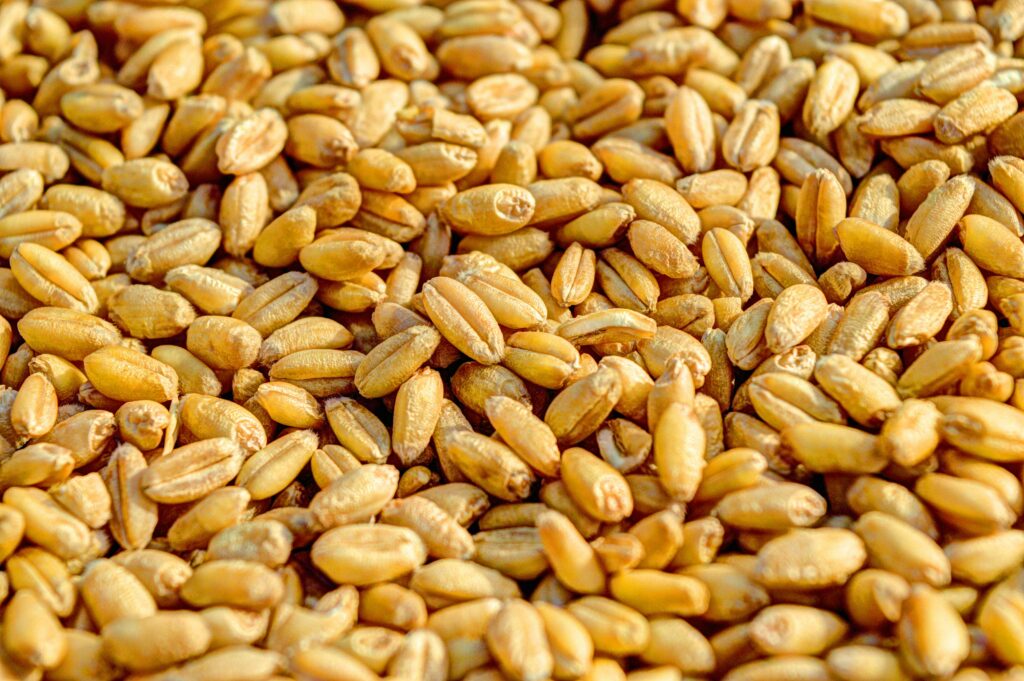health benefits of wheat

Wheat’s Health Benefits One of the most popular cereal grains consumed worldwide is wheat, or qamadiga in Somali.
It forms the foundation for bread, pasta, cereals, and a variety of other foods, making it a staple in many nations. There are two types of wheat: whole wheat and processed wheat. The best type of wheat is whole wheat, which has all of the grain’s components—bran, germ, and endosperm—and provides a host of nutritional and physiological advantages. Including wheat in your diet, particularly in its complete form, can improve your general health. 1. High Dietary Fiber Content Whole wheat’s high dietary fiber content is one of its most significant advantages. Fiber is necessary for a healthy digestive system. It encourages the development of beneficial bacteria in the gut, helps control bowel movements, and avoids constipation. Additionally, a diet high in fiber helps lower the incidence of hemorrhoids, colon cancer, and other digestive problems. 2. Promotes Heart Health It is well recognized that whole wheat promotes cardiovascular health. Wheat’s fiber lowers blood pressure and bad cholesterol (LDL) levels, which both lower the risk of heart disease. Whole wheat also contains heart-protective plant components and antioxidants that lower blood vessel inflammation. 3. Assists with Weight Control Wheat increases feelings of fullness after meals since it contains a lot of fiber. This aids in regulating hunger and avoiding overindulgence. When opposed to processed wheat, whole wheat products have a lower glycemic index, which means they




